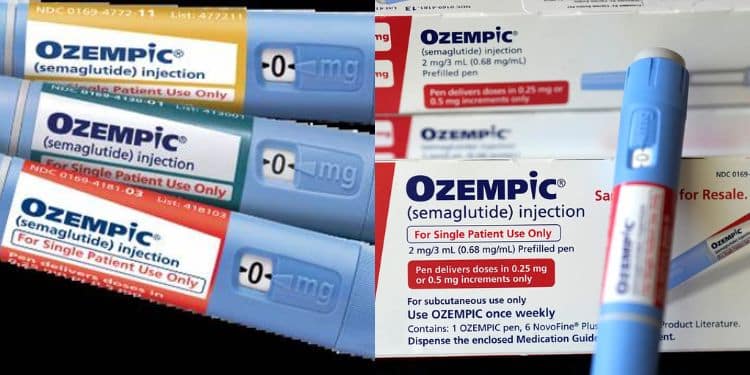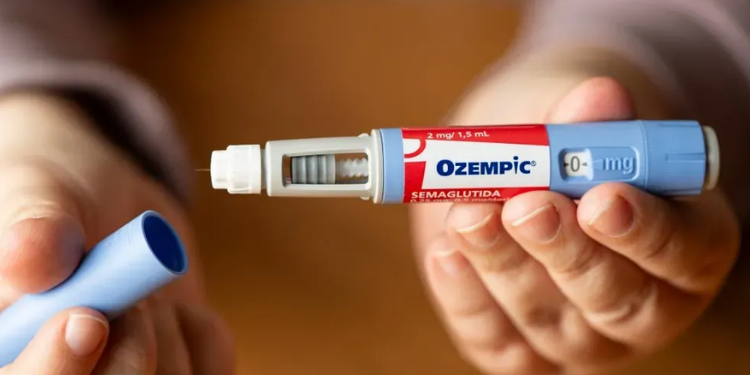The Pharmacy and Poisons Board (PPB) has cautioned the public against the unsupervised use of Semaglutide, a prescription-only drug widely known by the brand name Ozempic.
In a statement on August 19, the Board stressed that Semaglutide is approved strictly for the treatment of adults with type 2 diabetes whose condition is not well controlled.
The Board stated that Semaglutide is a prescription-only medicine and cautioned that its unsupervised or off-label use could lead to serious health risks.
“In light of the foregoing safety concerns, the public is advised against the off-label use of the medicines and encouraged to report any suspected side effects and poor-quality products through the following official reporting channels of the Pharmacy and Poisons Board (PPB),” read the statement.
“Semaglutide, commonly known to the public as Ozempic and other generic names, is approved for the treatment of adults with type 2 diabetes mellitus that is insufficiently controlled.”
Pharmacy and Poisons Board Warns of Possible Side Effects of Ozempic
The board noted that even though the benefits of Semaglutide outweigh its risks when used under medical supervision, misuse of the medicine has been linked to adverse side effects.
PPB outlined that some of the most common side effects of Semaglutide include low blood sugar (hypoglycemia), eye complications, gastroesophageal reflux disease (acid reflux), and intestinal obstruction, which may vary in severity from mild to severe.
“While the benefits of Semaglutide outweigh its risks, serious safety concerns continue to be raised, particularly when it is used outside its approved medical purposes. Some of the most common side effects of Semaglutide include low blood sugar (hypoglycemia), eye conditions, acid (gastroesophageal) reflux disease, and intestinal obstruction, which can range from mild to severe,” read the statement.
Also Read: Ozempic and Other Weight-loss Drugs Linked to Rare But Serious Eye Conditions
Members of the public have been urged to avoid self-prescribing the drug and instead seek proper medical guidance.
The PPB has also encouraged reporting of any side effects or poor-quality products through its official channels, including the Pharmacovigilance Electronic Reporting System, email ([email protected]), phone (+254 795 743 049), or via the public USSD code *271#.
The regulator reaffirmed its commitment to safeguarding the quality, safety, and efficacy of health products in Kenya.
Also Read: From Jaw Wiring to Ozempic: The Dangerous Quest for Weight Loss in Kenya
How It Helps in Weight Loss
It imitates a naturally occurring hormone released after meals, helping to regulate blood sugar and increase the feeling of fullness.
The drug works by enhancing insulin production in the pancreas, slowing the emptying of the stomach, and reducing the amount of sugar the liver produces and releases.
These effects improve blood sugar control, curb appetite, and may support weight loss.
Its action occurs through binding to the GLP-1 receptor, which stimulates insulin release, lowers glucagon levels, and delays gastric emptying after eating.
Follow our WhatsApp Channel and X Account for real-time news updates.

























![Billions Each Top Kenyan Bank Has Made So Far In Profits This Year [List] Q3 2025 Results For Equity, Kcb, Co-Op, Absa And Other Banks]( https://thekenyatimescdn-ese7d3e7ghdnbfa9.z01.azurefd.net/prodimages/uploads/2025/11/C0-OP-KCB-Equity-Absa-360x180.png)
















































